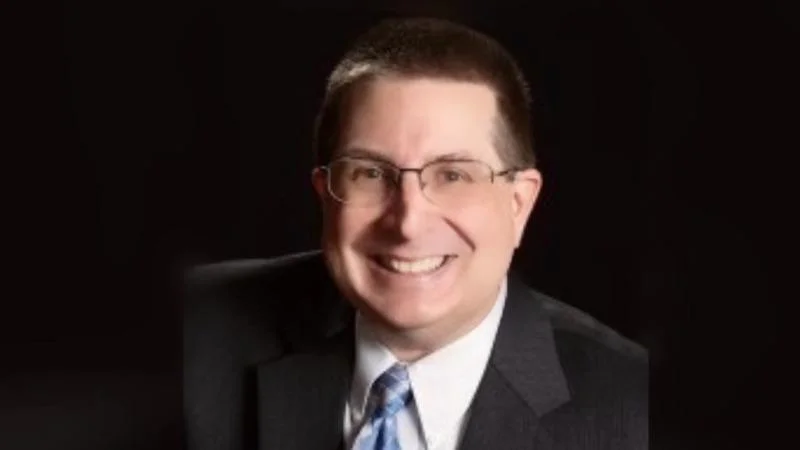Dean Rieck, Executive Director at Buckeye Firearms Association | LinkedIn
Dean Rieck, Executive Director at Buckeye Firearms Association | LinkedIn
The Second Amendment Foundation (SAF) has filed its opening brief with the Third Circuit Court of Appeals, challenging the federal prohibition on gun ownership for individuals who use medical marijuana. The appeal follows a district court decision dismissing the suit known as Greene v. Bondi.
SAF is joined in the case by Robert Greene, District Attorney of Warren County, Pennsylvania, and James Irey, a disabled veteran. Greene holds a medical marijuana identification card under Pennsylvania law and wishes to possess firearms and ammunition. Irey seeks to obtain a similar card to manage his service-related injuries without losing his right to own firearms.
“Unlike prescription pain pills, marijuana is federally classified as a Schedule 1 narcotic, even if a state has legalized it for medical purposes,” said SAF Executive Director Adam Kraut. “That poses a dilemma for anyone who legally uses medical marijuana — either give up your Second Amendment rights or receive relief from your symptoms. This is an absurd choice to force someone to make, especially given that anyone taking prescription pain killers, such as oxycodone, are allowed to purchase firearms.”
The SAF’s legal argument states: “Prohibiting Greene, Irey, and SAF’s similarly situated members from purchasing, possessing, or utilizing firearms and state-authorized medical marijuana is a clear violation of their Second Amendment rights to bear arms, as there is no analogous historical tradition of firearms regulation in the United States.”
Alan M. Gottlieb, founder and executive vice president of SAF, added: “As more and more states legalize the use of medical marijuana, the decision to use cannabis or exercise the right to keep and bear arms is placing an undue burden on citizens. If a person chooses to legally use medical marijuana it should not automatically translate to surrendering their Second Amendment rights. We look forward to fighting this restriction and vindicating the rights of those who wish to use medical marijuana and exercise their constitutional rights.”
The outcome of this case could affect how federal law interacts with state-level legalization efforts for medical cannabis users seeking to maintain their firearm rights.






 Alerts Sign-up
Alerts Sign-up